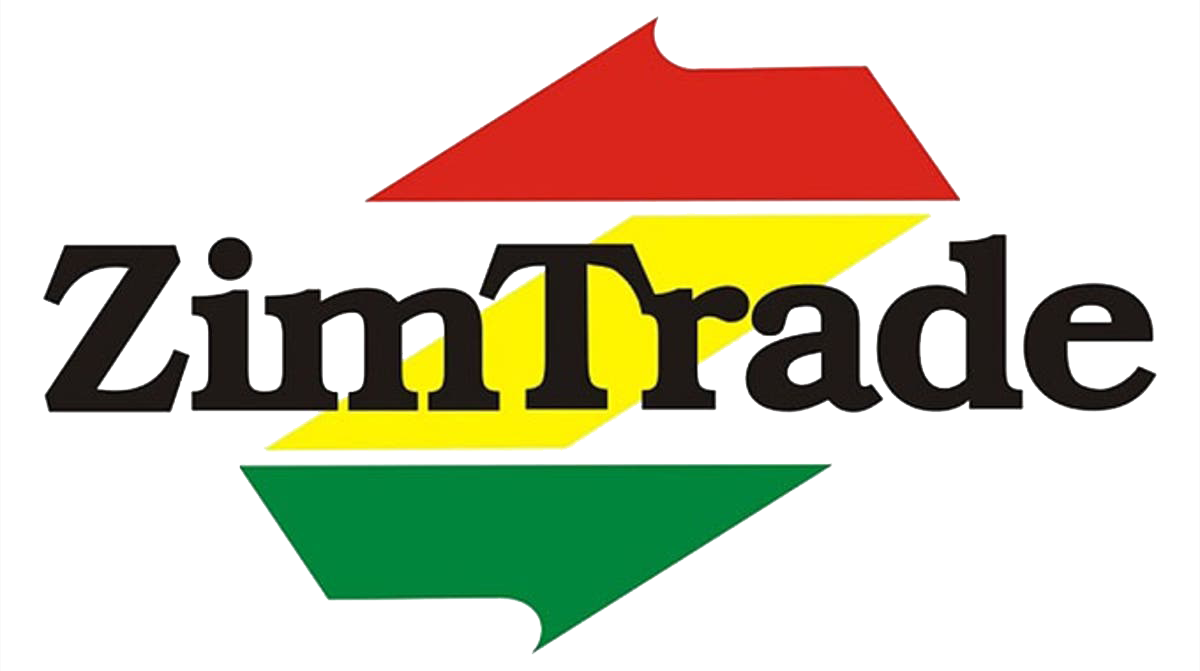The increasing preferences for natural products, which are considered to have health benefits, are expected to see a boom for essential oils used in food flavoring, coloring ingredients, cosmetics, and fragrances.
For Zimbabwean businesses, particularly smallholder farmers who dominate production of essential oils, there are opportunities created by the changing taste for production and supply of essential oils, which have become increasingly popular in export markets.
Essential oils are produced from plant sources such as flowers and fruits, herbs, resins, and wood oils.
These oils are used in food processing, traditional medicine, aromatherapy as well as in the cosmetics industry.
The increasing popularity of essential oils, especially in cosmetics and medicine comes from the perceived health benefits to the skin and immune system.
According to Trad Map, the global import value of essential oils, whether or not terpeneless has been growing over the past five years, from around US$4.93 billion in 2015 to US$6.2 billion in 2019.
Last year, the largest importers of essential oils according to Trade Map were United States of America (US$1.1 billion), India (US$693 million), France (US$444 million), Germany (US$378 million), and Netherlands (US$292 million).
In Africa, the leading exporters of essential oils, whether or not terpeneless, Madagascar (US$60 million), Egypt (US$51 million) and South Africa (US$44 million).
The entry of new players in the essential oils market, such as India and China, provide opportunities for Zimbabwean exporters to increase essential oils exports which are currently minimal.
Essential oils that are used in beauty or make-up preparations and preparations for the care of the skin, such as sunscreen or suntan preparations are some of the highly sought-after products in the world.
The growing demand for essential oils in the aromatherapy market, offers another opportunity to the Zimbabwean exporters of essential oils as countries such as Germany and the United States of America are increasingly demanding for these.
According to Data Bridge Market, the European aromatherapy market is predicted to be worth US$2.73 billion by 2024, up from US$1.33 billion in 2016.
Essential oils used in aromatherapy such as rosemary, peppermint and sweet orange oils are some products that local farmers and businesses could consider for exporting to Europe.
Further to focusing on some of the low hanging products, value addition is another way for local producers to earn more on the export market.
In Zimbabwe, there is a growing trend of companies that are value adding wild plants such as baobab fruit, moringa seeds, mongongo nuts and marula fruits to produce high-end products.
With baobab being among some of the plants that grow naturally in abundance, there is potential for establishing oil extraction businesses that targets international markets.
Although there are various opportunities available in the essential oils industry, there is need to come up with measures that have often affected Zimbabwe’s exports of essential oils.
For example, local players often mention challenges to do with cheap products coming from some countries in Asia.
To address these, there is need to capacitate local producers to grow the sector so that the economies of scale will work in their favour.
Further to this, one of the ways that could be used to increase popularity of Zimbabwean essential oils is to flag the unique indigenous stories about the products.
Lack of investment and uncoordinated marketing activities are also some of the challenges to be addressed to ensure the successful exporting of these products.
Apart from these challenges, there still lie vast opportunities for local businesses, leveraging on natural resources found across the country.
So how can local farmers and businesses tap into the growing demand for essential oils?
Selling the story
The current success of essential oils is based on the marketing of unique stories regarding indigenous ingredients from Southern Africa.
World over, marketers are now moving away from product marketing to selling of stories related to the product and local farmers can ride on good stories to push organic produces from rural communities in Zimbabwe.
Some of the popular essential oils produced in Zimbabwe such as baobab oil, mafura butter, marula oil and mongongo oil can be packaged together with development stories, such as that of women empowerment.
In Europe, essential oils are being marketed according to the stories from their countries of origin.
These stories are meant to build ways to market the products that resonate with the target market and ultimately create demand.
In addition to these stories, there is an interest in products that are produced for traditional use, associated with local beauty rituals and products that are ethically sourced.
To confirm that products are ethically sourced, local farmers should consider attaining Fair Trade Certification, which can be used to trace sources of products.
Demonstrating responsible attitude towards environment
The ethical dilemma that is often faced by producers of essential oils is tied to meeting market demand, whilst at the same time ensuring sustainable use of natural resources.
This mostly applies to essential oils which are derived from barks, roots and leaves where unsustainable product harvest would lead to destruction of forest.
This has led to many importers, especially in European markets paying attention to the impact of essential oil production to the environment.
This explains why demand for transparency and traceability of supply chains of natural ingredients has been driven by consumer awareness and demand for environmentally friendly natural products such as these essential oils.
Sustainable production of these oils is also paramount, especially in the European market, with certifications such as FairWild and Organic being required.
Having these sustainability standards in place as an exporter, gives credibility to one’s products, gives them a competitive advantage and allows them to charge a premium price on their products.
Currently, there have been some individuals and organisations embarking on partnering with rural communities to produce essential oils from plants that are indigenously grown in the country.
These partnerships have strengthened sustainable business practices which draw upon indigenous knowledge systems and are going a long way in assisting with community development and employment of women and youths.
To ensure sustainability in line with global trends, there is need to capacitate famers and establish working groups that can establish necessary tools to protect the environment.
Women and youths can be taught skills that will empower them to take care of themselves



